As a visitor in Germany, or a newcomer to the country, knowing a couple key things helps to ensure a smooth transaction.
Initiating the payment process
The first is knowing how to ask for the bill: Wir möchten zahlen bitte (We’d like to pay please), is a tested and true simple option.
Then you just have to be able to navigate a couple likely follow-up questions: Mit karte oder bar? (With card or cash?) And, Zusammen oder getrennt? (All together or separate?)
In casual establishments, oftentimes when you wish to pay by card, the server will ask you to follow them to the cash register to complete the transaction.
Since paying at the register is not uncommon, it’s also common enough to simply get up and walk to the register when you’re ready to pay – especially if you’re short on time.
How to tip like a German
The second thing that’s good to know is how to tip in Germany.
American tourists, coming from the land of mandatory tip-culture, are prone to falling into one of two classic errors. The first is reflexively tipping 20 percent or more, even at places where tips tend to be much more modest. The second would be to think “Nobody tips in Europe,” much to the dismay of every server they come across in Germany.
I can’t believe this needs to be said again, but if you’re out for food / drinks in Germany, you should be tipping close to 10%. I know service staff get paid more here than certain other hellscapes (🇺🇲) but they still rely on tips to live anything other than a shit life.
— Rosa Deluxemburg (@BReguided) April 24, 2023
The general consensus is that tipping is good practice in Germany, especially at any establishment where you are being waited on.
So not necessarily at a Döner kebab shop or an imbiss (snack shop) where you are picking your food up at a counter and very often taking it to go. But certainly at any restaurant where someone takes your order and brings food or drinks to you.
The Local previously inquired about customary tip rates in Germany with an etiquette expert, and also with a sociologist who conducted research on tipping culture – both of whom confirmed that Germans tend to think a five to 10 percent tip is standard.
Of course bigger tips for excellent service are also encouraged, but there are few cases where Germans would consider tipping 20 percent.
“THEN THE BUSINESS SHOULD NOT EXIST!” pic.twitter.com/De8L9fhViL
— gal galoch (@antifatwa) May 12, 2021
For smaller transactions, like for a couple drinks at a cafe or a bar, a ‘keep the change’ tip is also normal in Germany.
If you were paying for a couple beers that came to €8.90, for example, you might hand the bartender a €10 bill and say “Stimmt so” to indicate that the change is a tip.
Especially compared to the US, it’s true that the expectation to tip is expressed less in Germany. But many Germans do make tipping a common practice. So making a habit to tip modestly when dining out in the country will help you blend in better with the locals.
READ ALSO: Eight unwritten rules that explain how Germany works

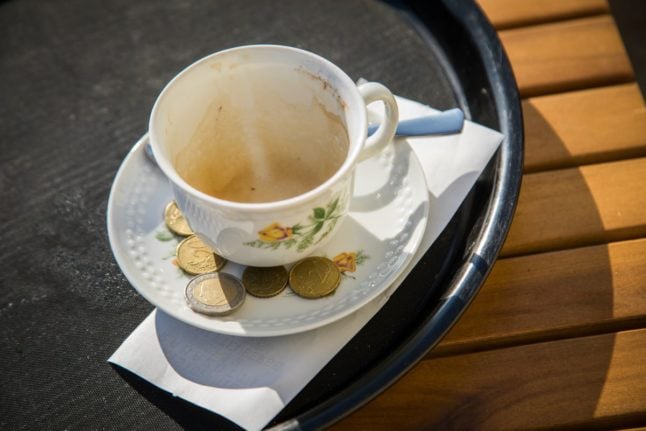
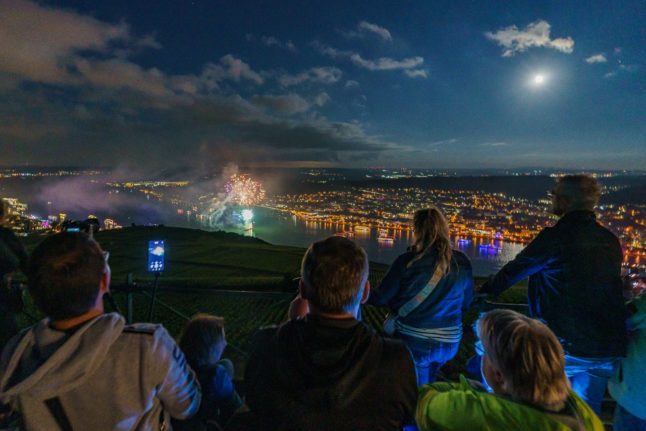
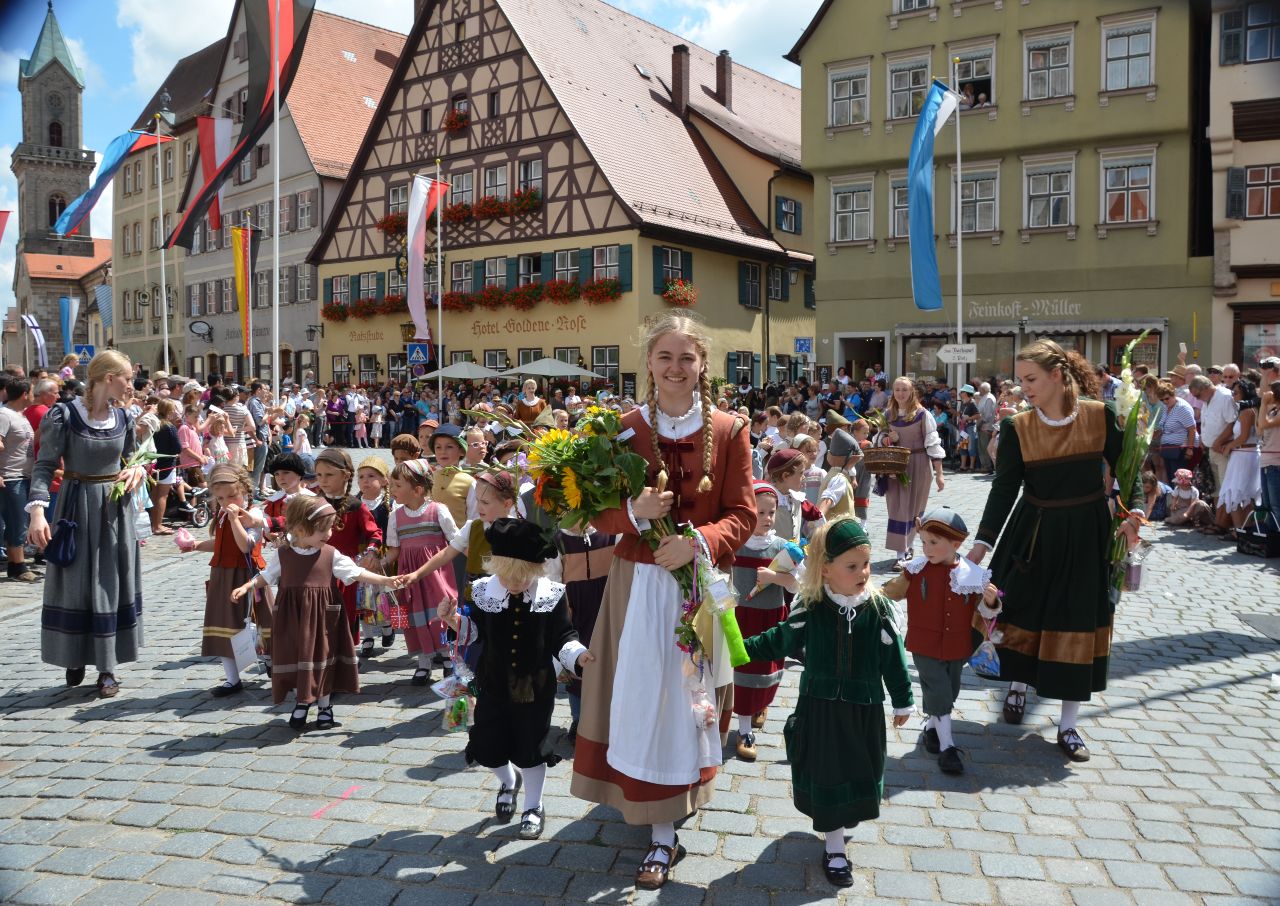
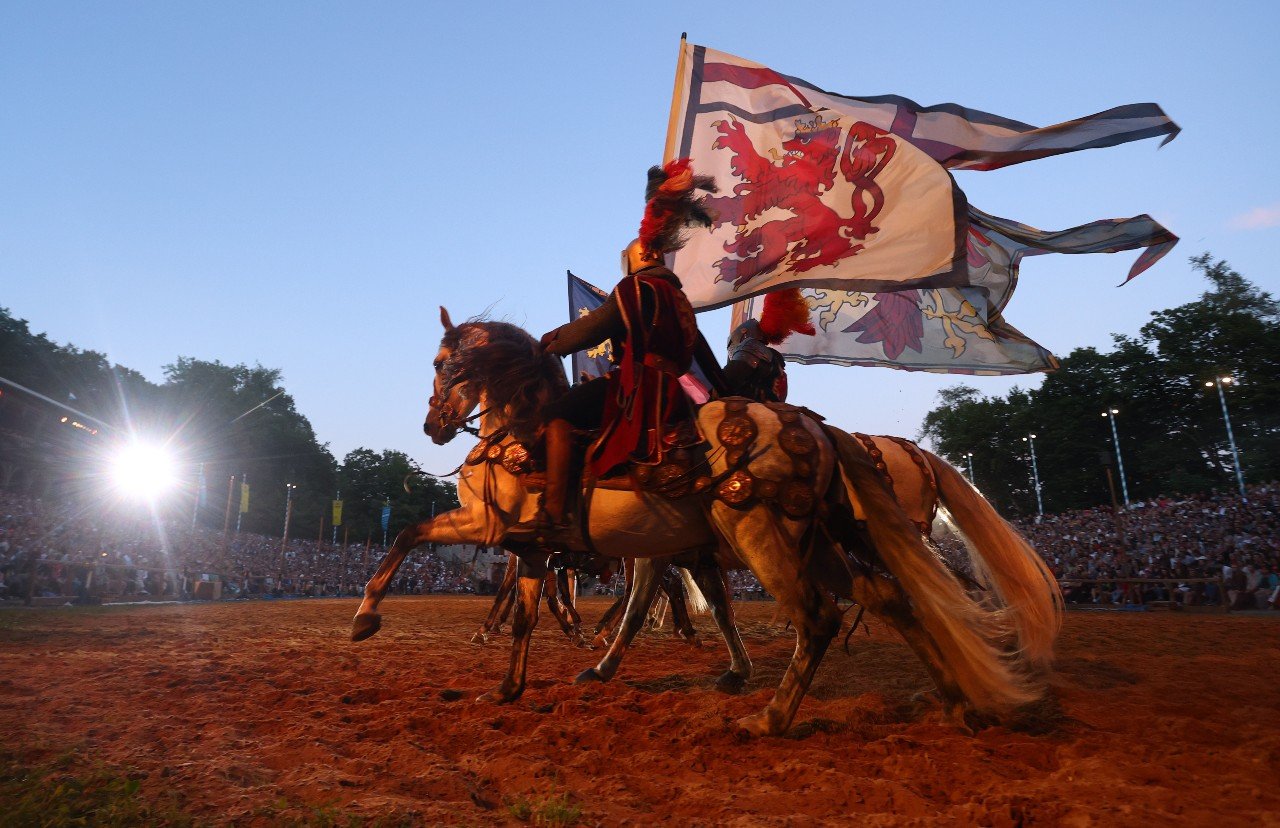
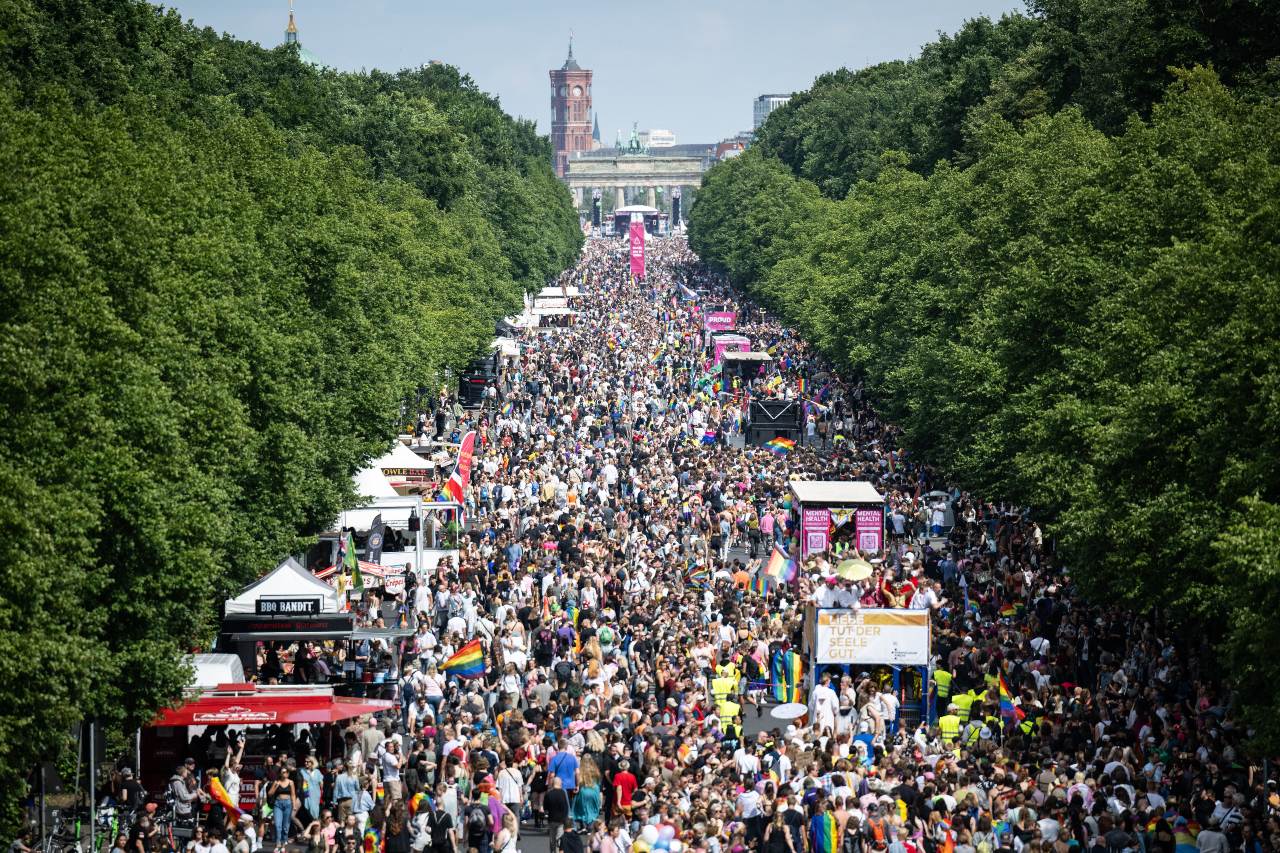
 Please whitelist us to continue reading.
Please whitelist us to continue reading.
Why? Owners use staff tipping as a means to keep wages down. I was brought up to tip only when the service is good. In many cases its nothing special or just part of the staff’s normal routine.
Also, much table service is unnecessary, certainly in the case of where only drinks are being ordered. Its used as a means to extract tips for waiting staff, when for customers its often easier or quicker to order direct from the bar.